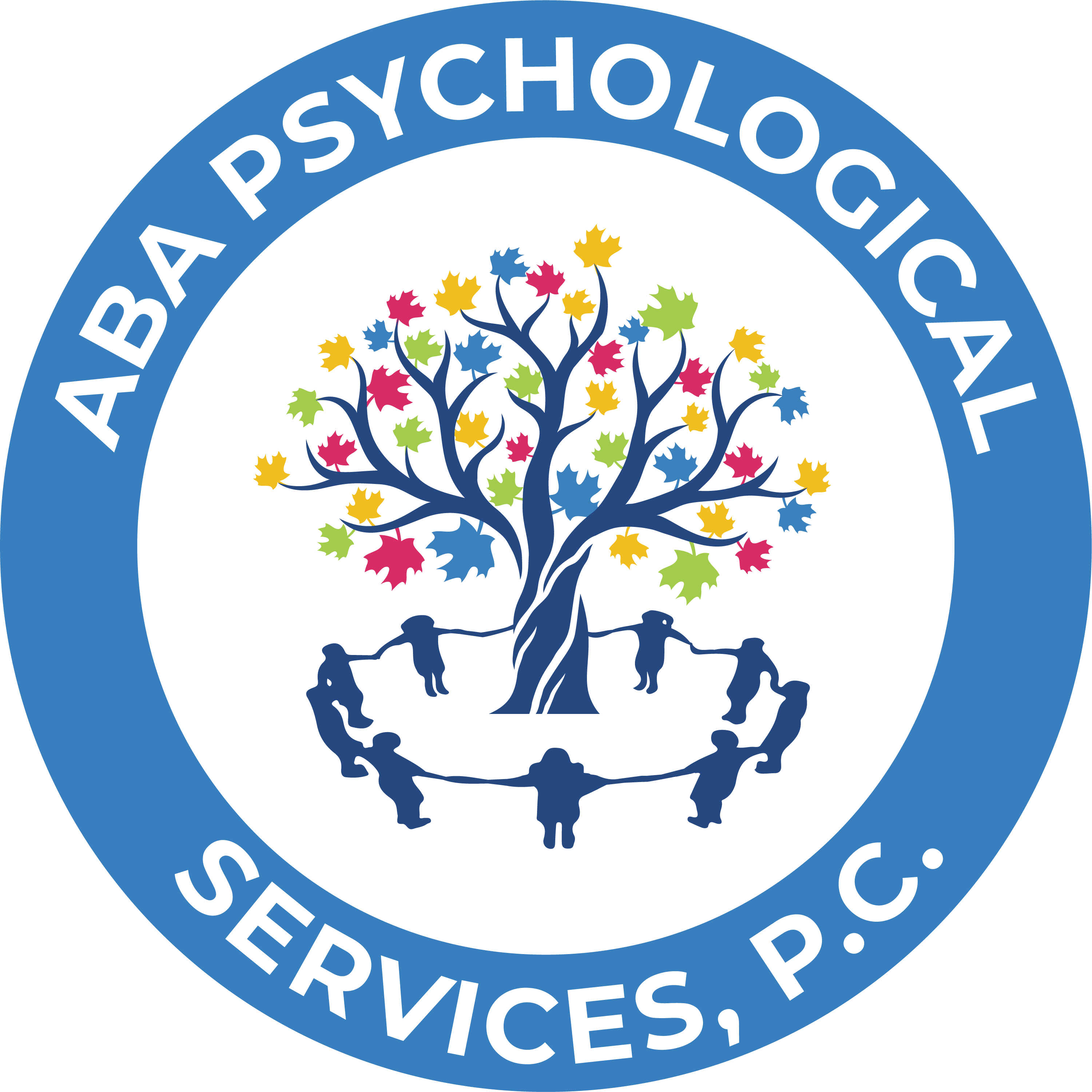ABA Techniques in Action
Why does ABA work as an autism treatment?
• We focus on teaching skills that are necessary for success in life. Applied Behavior Analysis (ABA) has been shown to be
effective in the teaching of self-care skills, communication skills, social skills, independent living skills, and skills that are required to
succeed in the workplace. ABA techniques have been used to teach children and adults skills that are necessary for the self-control
of emotions such as anger.
• With all of our children and adults with an autism spectrum disorder, we work to increase social behavior, academic,
and language development so that each individual can lead a more constructive and meaningful life. All of our ABA treatment programs
for children and adults are precisely tailored to meet the specific needs of each individual.
Decreasing Challenging Behavior
How do we evaluate challenging behavior?
• A Board Certified Behavior Analyst (BCBA) will conduct a comprehensive behavioral evaluation. known as a Functional
Behavioral Assessment (FBA), and is designed to determine the cause of the child’s problem behavior. The BCBA begins by interviewing
the parents, caregivers, and professionals who work with the child. If possible, the child also will be interviewed. As part of the behavioral
assessment the BCBA will observe the child's behavior and may directly interact with the child.
Why do children with autism display challenging behavior?
1. To get attention (including negative attention)
2. To gain access to activities, events, and material things (such as toys, games and electronics)
3. To escape or avoid requests they don't want to follow, or to escape or avoid situations they don’t want to be in
How do we develop an ABA treatment plan?
Once we determine why the problem behavior is occurring, we are able to develop a plan for aba treatment that is designed to replace
the unwanted behavior with desirable and appropriate behavior. Research has shown that this approach can be an effective autism
treatment for children and adults.
Example 1
At ABA Psychological Services, we identify the situations and "triggers" that evoke problem behavior. Rather than trying to
decrease unwanted behavior by having the child avoid the "triggers", we teach the child how to engage in appropriate behavior
when the "trigger" is presented. For example, if a child tantrums when no one is paying attention, we teach the child how to ask
for attention in an appropriate manner.
Example 2
If a child is avoiding or acting out with other children because they lack social skills, we first do a thorough evaluation to determine
what specific social skills are lacking. We then teach the child the skills necessary to derive satisfaction from playing cooperatively
with others. When avoidance and acting out no longer serve a purpose, we often see these unwanted behaviors diminish or disappear completely
